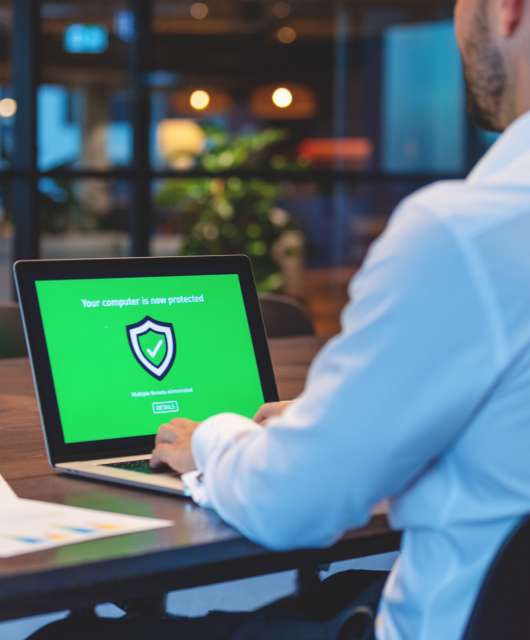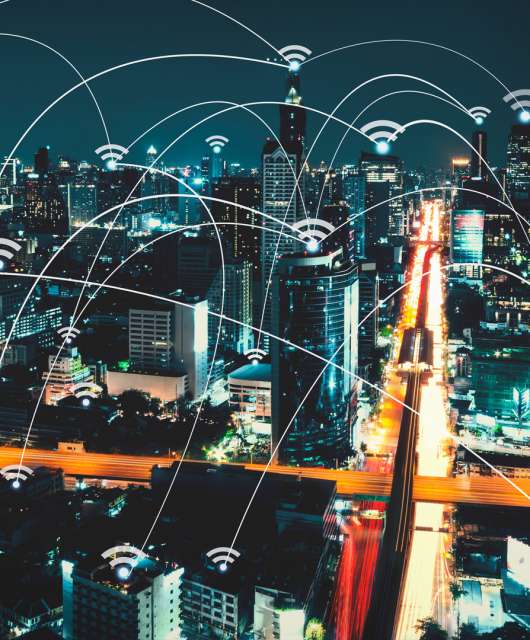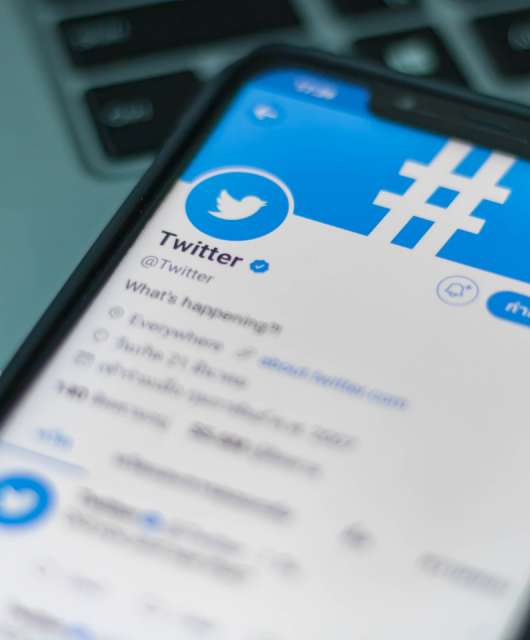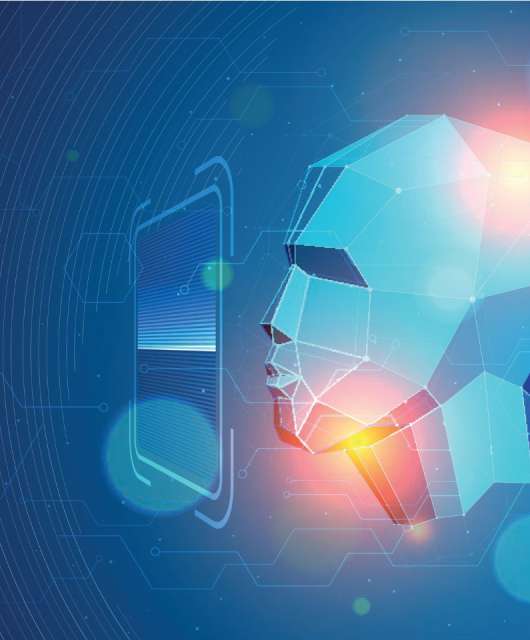Having a slow PC or a laptop could be very frustrating. The idea of something with very few moving parts that suddenly stops working or starts operating on 50% when compared to yesterday can get on your nerves. In some cases, a PC or a laptop gradually becomes slower and slower with time. While it indeed is irritating to experience a decrease in PC performance, in most cases, there are ways to troubleshoot and possibly resolve the issue that might be causing the slowness.
Physical cleanliness
While wiping your screen with a cloth once in a while is certainly advisable, this activity does not improve performance. Instead, you may want to consider opening up the build and gently getting rid of the possible dust and hair that might have accumulated over the years in your system. Of course, cleaning up old PCs could sometimes be art itself, but even a quick cleaning can help your device’s fans run a bit more unobstructed, which may increase cooling and possibly help your PC be a bit faster.
Free up some space
Years of constant use of a PC or a laptop can accumulate many temporary internet files. Cleaning up unused files and emptying your temporary internet files folder might make a difference. Keeping an eye on available storage space is essential as your computer’s overall performance can significantly decrease if you start running out of space on your HDD or SSD. The more room you have, the more unlikely it is for your PC to be running slow because it is clustered. If deleting stuff from your PC is not possible, you may consider storing the data in the cloud.
Check for viruses or unwanted background tasks
If your computer is infected with malicious software, it will likely experience a slowdown. Background processes of any sort can impact performance as instead of having your CPU focused on the tasks you want it to run, it ends up running an unwanted or possibly malicious background process. You probably want your PC to focus on getting work done rather than having it transfer sensitive data or mine cryptocurrency for a hacker likely located on the other side of the world who somehow managed to infect your system. If you don’t already have antivirus software installed on your device, consider getting one asap so you can get rid of viruses that might be affecting your PC speeds.
Startup processes
In some cases, a PC can take way too long to power up. If it only happens from time to time, your PC is likely updating software. However, if it happens every time you power your computer, you may want to part ways with some of the startup processes. In many cases, programs can self-start when a PC is on and this is impacting the overall performance. So go ahead and check out if you have any programs that you want to remove from your startup schedule and open them manually only when you need them.
Uninstall old software
If you have apps or programs you have not used in years, now may be an excellent time to get rid of them. You will likely free up some space, and you would also close the gates for hackers who may be trying to exploit vulnerabilities in such software. All you have to do is find the add/remove software section on your laptop or PC and start deleting If you see non-system programs that you have not used in a long tie and you will likely not need it in the future, remove them and let your PC enjoy more processing power and space.
If none of these options help out and your PC appears not to be improving, you may have to head down to the PC shop for a new computer. In some cases, you may upgrade parts of the PC and continue using the same product. However, if your PC is dated, you may want to consider getting a brand-new PC or laptop. Finally, never ignore firmware and software updates, and always keep all aspects of your PC updated. Sometimes updates may make your PC slower, but those updates also make sure that your PC maintains a high level of security.








